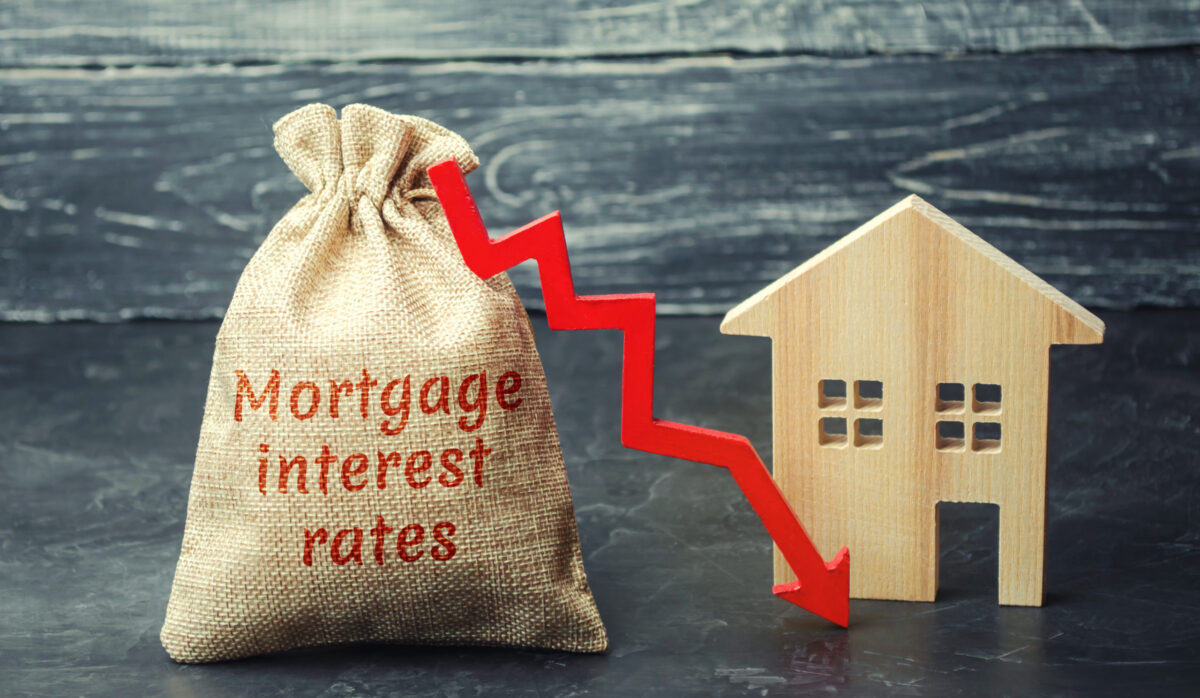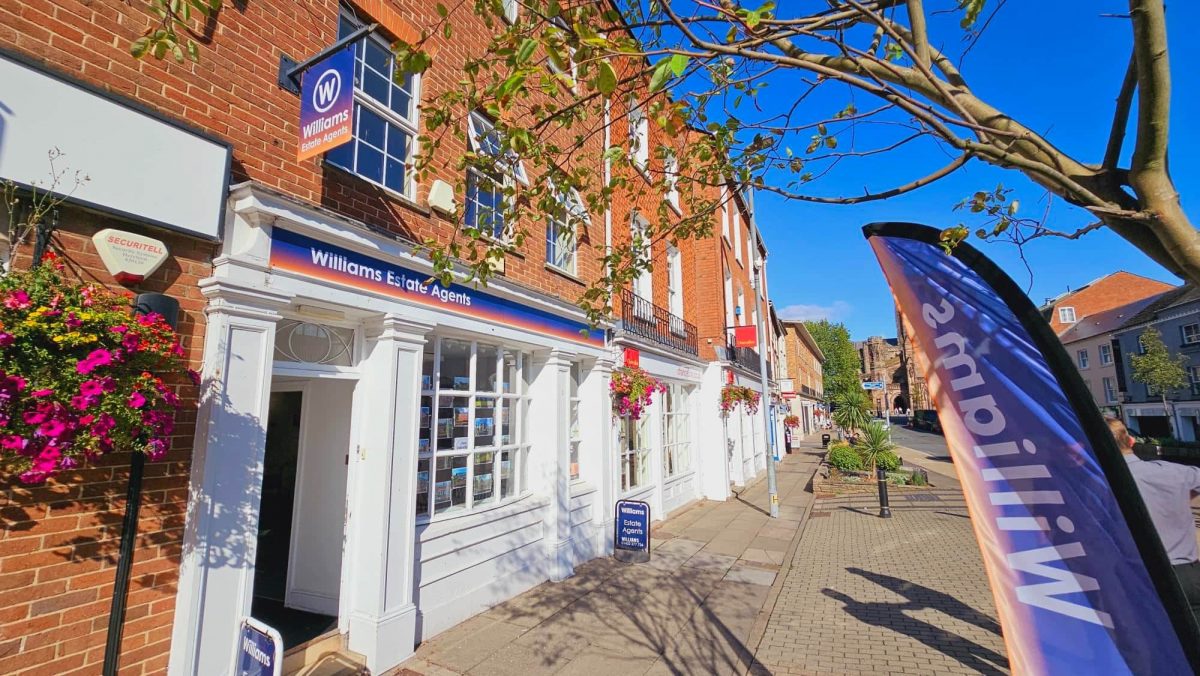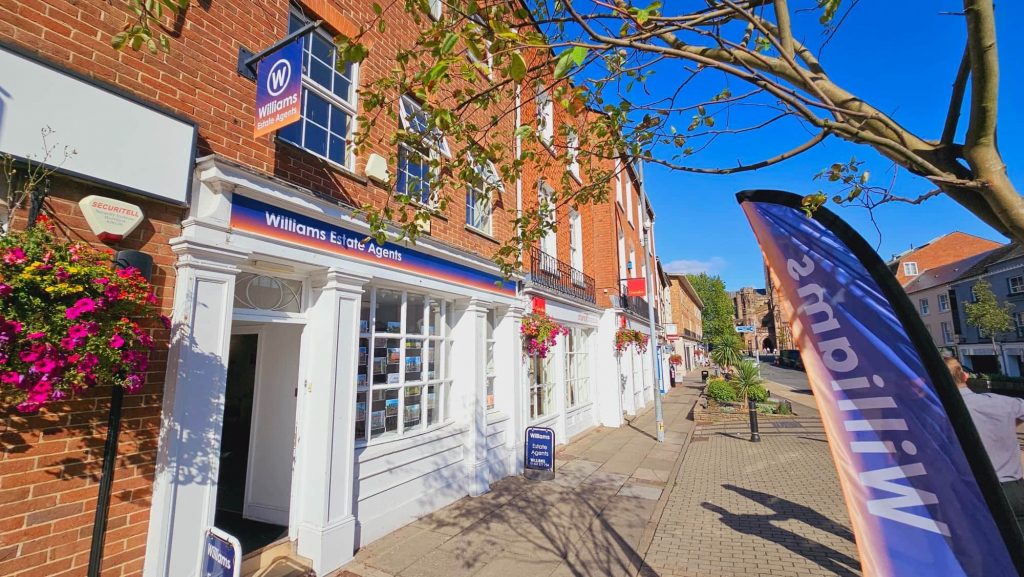Did You Know There’s a Place in America Also Called Hereford?

That’s right — our much-loved Hereford isn’t the only one on the map!
Across the Atlantic, in the wide-open plains of Texas, there’s another Hereford — smaller, sunnier, and just as proud of its farming heritage. I thought it might be fun to compare our Hereford here in the UK with its American namesake — and the results are fascinating!
🏡 Population & Lifestyle
Our Hereford, UK, sits in the heart of beautiful Herefordshire — a county known for rolling hills, cider orchards, and timeless countryside charm. The city itself is home to around 60,000 people, with the wider county hosting just under 200,000. It’s a place that balances rural peace with a strong sense of community and tradition.
Hereford, Texas, by contrast, is a compact city of about 15,000 residents, surrounded by vast farmland and open sky. It’s affectionately known as “The Beef Capital of the World” — and with its huge cattle ranches and feedlots, that title is well deserved!
💰 House Prices & Cost of Living
Here in Hereford, UK, the average house price sits around £290,000–£300,000, depending on the area and property type. Buyers are often drawn to our mix of historic homes, charming villages, and modern developments — all within easy reach of the Wye Valley and stunning countryside.
Over in Hereford, Texas, the average home costs about $170,000 (roughly £135,000) — almost half the price of ours! And here’s the key point: while their cost of living is lower, their average wages are actually higher.
With typical earnings around $55,000 (£43,000) compared to about £30,000 here, residents in the Texan Hereford enjoy more purchasing power overall. Everyday expenses — from petrol to groceries — are cheaper too, making life there notably more affordable.
Speaking of fuel, petrol prices here hover around £1.45 per litre, while in Texas, it’s closer to £0.80 per litre (or about $3.50 a gallon). That’s quite a difference!
🌾 Industries & Local Economy
Both Herefords share a deep agricultural heritage.
Our Herefordshire is celebrated for its orchards, cider production, and world-famous Hereford cattle, alongside thriving food and drink manufacturing. Farming remains central to our local economy — employing around 10% of the workforce, far above the national average.
Meanwhile, Hereford, Texas, is all about beef production and grain farming. Its landscape is dotted with feedlots, dairies, and silos — it’s farming on a grand, Texan scale. Agriculture truly shapes both of our communities, just in very different climates!
So whether it’s a Hereford cow grazing in a green English meadow or one standing beneath a blazing Texas sunset, it’s the same strong, white-faced breed connecting us across the Atlantic.
☀️ Weather: Cool Greens vs Warm Browns
Hereford UK enjoys a mild, temperate climate — soft rain, lush fields, and gentle summers averaging around 21°C. Perfect for farming and for keeping our countryside beautifully green.
Texas Hereford couldn’t be more different. It has a semi-arid climate, with long, dry summers often reaching 34°C, cool nights, and very little rainfall. It’s a land of dust storms, tumbleweeds, and some of the most breathtaking sunsets you’ll ever see. Both have their beauty — one soft and green, the other bold and golden.
💼 Wages, Work & What We’re Known For
The average salary in Hereford, UK, is around £30,000, reflecting our local mix of public sector, retail, manufacturing, and agricultural jobs.
In Hereford, Texas, the average income is about $55,000 (£43,000) — notably higher than ours, especially when you factor in their lower living costs. That means everyday life, from buying a home to filling up the car, stretches a bit further over there.
Both towns, however, share a famous claim to fame: the Hereford cattle breed itself. Originating right here in Herefordshire, these sturdy, good-natured animals were exported worldwide — including to Texas, where they became a foundation of the beef industry.
🐂 The Name Game: Why “Hereford,” Texas?
The name itself is perhaps the greatest bridge between our two communities — and the story of how the Texan town got its name is steeped in the very industry that defines us both.
When the Pecos and Northern Texas Railway reached Deaf Smith County in the late 1890s, a new settlement began to grow around the tracks. It was first called Blue Water, after the nearby Tierra Blanca Creek.
However, the postal authorities soon discovered there was already a Blue Water in Texas, and a new name had to be found quickly.
That’s where two local cattlemen — L. R. Bradley and G. R. (“Rat”) Jowell — stepped in. They had recently imported a remarkable breed of livestock from England: the Hereford cattle. These white-faced, hardy animals thrived in the tough conditions of the Texas Panhandle and quickly became the pride of the region.
In tribute to the cattle that transformed their economy — and as a nod to their breed’s English homeland — the townspeople chose to rename their growing settlement Hereford.
It’s a wonderful link between our two worlds: the cattle grazing in our Wye Valley meadows are the very reason the Texan city bears our name and proudly calls itself “The Beef Capital of the World.”
A shared heritage, literally bred in Herefordshire soil!
❤️ Two Herefords, One Spirit
Despite being nearly 5,000 miles apart, both Herefords share the same rural pride and agricultural heart. Each values community, open space, and a strong connection to the land.
For me, as a local estate agent here in Hereford UK, it’s fascinating to see how a shared name — and even a shared breed of cattle — link us across continents. It’s a lovely reminder that our little corner of England has had a global impact.
So next time you drive past a Hereford bull in one of our fields, picture its cousins in Texas, standing tall under that vast prairie sky. Two Herefords, one name, and a story that spans an ocean.

















